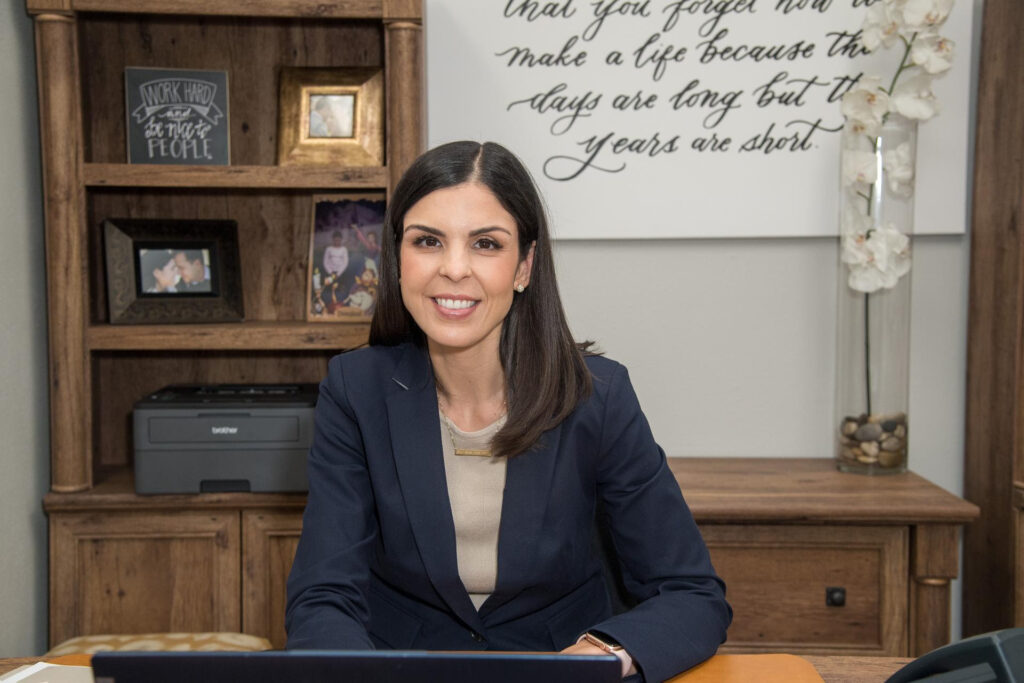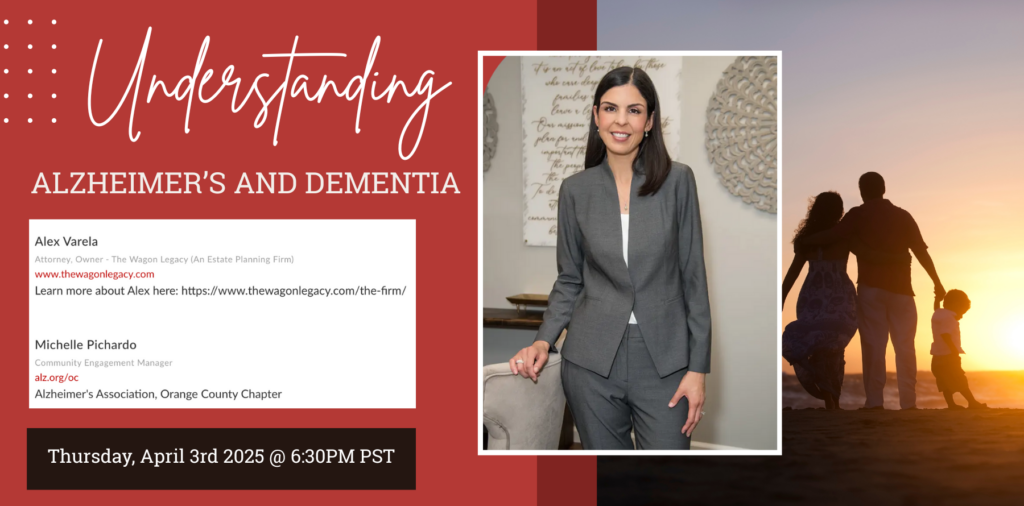
As an estate planning attorney, something surprised me that I never really expected—assessing whether a client has the legal capacity to sign their estate plan. In California, signing a trust requires testamentary capacity and contractual capacity—but what does that actually mean?
Too often, I meet with clients because we need to determine if they have the capacity to move forward. And honestly, it’s not always black and white. A diagnosis of dementia, for example, doesn’t automatically mean someone can’t sign a trust. But if a client doesn’t remember how many children they have, keeps repeating themselves because they forgot what they just told me, or meets with me one week and doesn’t remember who I am the next, those are big red flags. These situations are always tough, and I truly empathize—but in cases like these, we may not be able to move forward.
So, what exactly do we look for?
To have testamentary capacity, a person must:
Understand that they are creating an estate plan
Know what assets they own
Recognize who their family members are
Understand their relationships with their beneficiaries
And because a trust is considered a contract, a person must also have contractual capacity, meaning they:
Can comprehend the terms of the trust
Are acting voluntarily, without undue influence

Why does this matter so much? Because capacity issues make people more vulnerable to undue influence—where someone pressures or manipulates them into making decisions that aren’t really their own. Our job is to ensure that every client is making their own choices, free from outside influence.
This is why I always encourage families to plan ahead. If a loved one has been diagnosed with dementia or Alzheimer’s, please don’t wait—call us as soon as possible. Too often, families come to us years after a diagnosis, only to find out that the disease has progressed too much for us to help. At that point, families are left facing a long, expensive process of conservatorship and probate instead of having a solid plan in place.


Please Join the “Understanding Alzheimer’s and Dementia” Webinar

To help families better understand this, I’m hosting a webinar this week with the Alzheimer’s Association about dementia, Alzheimer’s, and how to plan effectively. If this is something affecting your family, I’d love for you to join.
I also just want to say a personal “thank you” to everyone who reached out after my last newsletter, where I shared my personal experience watching Alzheimer’s affect my grandmothers. Your messages, stories, and support meant so much to me. This disease touches so many families, and I’m grateful to be a resource for those navigating these challenges.


Una de las partes más sorprendentes de mi trabajo

Como abogado de planificación patrimonial, hubo algo que me sorprendió y que nunca esperé realmente: evaluar si un cliente tiene la capacidad legal para firmar su plan patrimonial. En California, firmar un fideicomiso requiere capacidad testamentaria y capacidad contractual, pero ¿qué significa realmente eso?
Muy a menudo, me reúno con clientes para determinar si tienen la capacidad para seguir adelante. Y, sinceramente, no siempre es blanco o negro. Un diagnóstico de demencia, por ejemplo, no significa automáticamente que alguien no pueda firmar un fideicomiso. Pero si un cliente no recuerda cuántos hijos tiene, repite constantemente lo mismo porque olvida lo que acaba de decirme, o se reúne conmigo una semana y a la siguiente no recuerda quién soy, esos son grandes señales de alerta. Estas situaciones siempre son difíciles y realmente empatizo, pero en casos como estos, es posible que no podamos proceder.
Entonces, ¿qué es exactamente lo que evaluamos?
Para tener capacidad testamentaria, una persona debe:
Entender que está creando un plan patrimonial
Saber qué bienes posee
Reconocer quiénes son sus familiares
Comprender su relación con sus beneficiarios
Y dado que un fideicomiso se considera un contrato, una persona también debe tener capacidad contractual, lo que significa que:
Puede comprender los términos del fideicomiso
Actúa voluntariamente, sin influencia indebida

¿Por qué es esto tan importante? Porque los problemas de capacidad hacen que las personas sean más vulnerables a la influencia indebida, donde alguien las presiona o manipula para que tomen decisiones que en realidad no son las suyas. Nuestro trabajo es garantizar que cada cliente tome sus propias decisiones, libre de influencias externas.
Por eso, siempre animo a las familias a planificar con anticipación. Si un ser querido ha sido diagnosticado con demencia o Alzheimer, por favor, no esperen—llámenos lo antes posible. Demasiadas veces, las familias acuden a nosotros años después del diagnóstico, solo para descubrir que la enfermedad ha progresado demasiado y ya no podemos ayudar. En ese punto, las familias se enfrentan a un largo y costoso proceso de tutela y sucesión, en lugar de contar con un plan sólido desde el principio.


Please Join the “Understanding Alzheimer’s and Dementia” Webinar

Para ayudar a las familias a comprender mejor este tema, esta semana estaré organizando un webinar junto con la Asociación de Alzheimer sobre la demencia, el Alzheimer y cómo planificar de manera efectiva. Si esto está afectando a tu familia, me encantaría que te unieras.
También quiero aprovechar para dar un “gracias” de corazón a todos los que me escribieron después de mi último boletín, donde compartí mi experiencia personal viendo cómo el Alzheimer afectó a mis abuelas. Sus mensajes, historias y apoyo significaron muchísimo para mí. Esta enfermedad impacta a tantas familias, y estoy agradecido de poder ser un recurso para quienes enfrentan estos desafíos.




